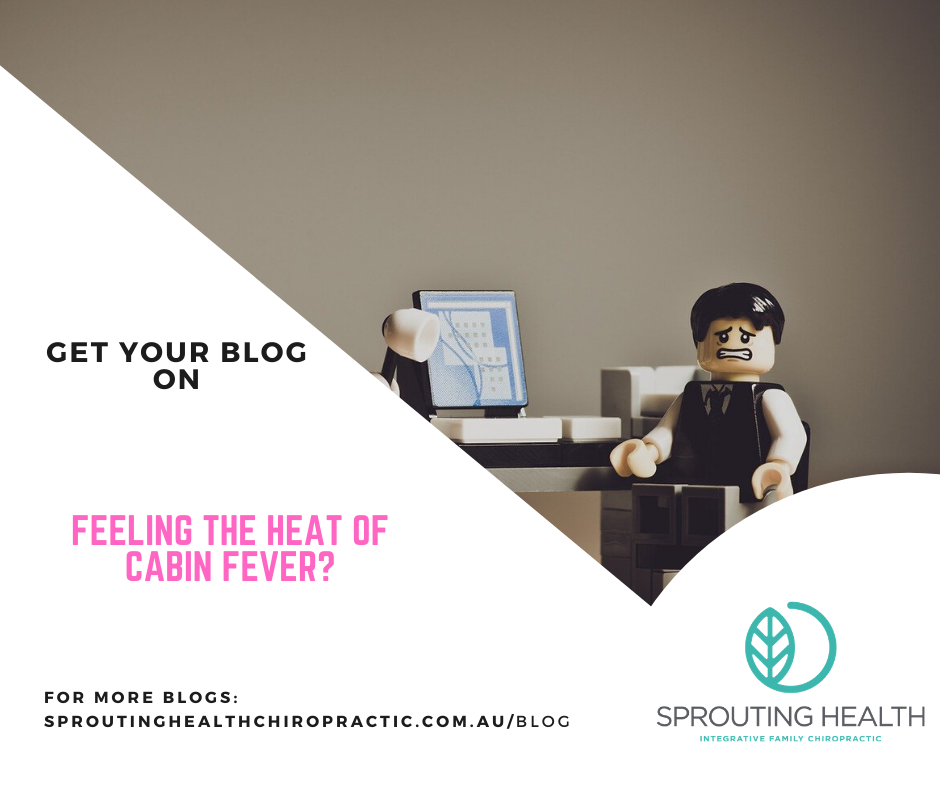|
With the current pandemic restrictions, everyone is being advised to do their best to slow the spread and self-isolate. But self-isolation can actually carry lot of health risks in itself that you should know about…
Social isolation has been recognized as a major risk factor for morbidity and mortality in humans for more than a quarter of a century (1). Furthermore, loneliness has been associated with changes in the HPA axis and the sympathetic nervous system, promoting a pro-inflammatory response and defensive mechanism with our genes that ultimately increases the risk of chronic illnesses such as cardiovascular, neurodegenerative and neoplastic diseases, while simultaneously undermining resistance to viral infections (1). Evidence also indicates that loneliness heightens sensitivity to social threats, but it can also impair executive functioning, sleep, and mental and physical well‐being (2). So if you’re noticing changes to any of these systems within your body, you may be really experiencing the heat of cabin fever. While slowing the spread is so important during the current pandemic, here are some tips to help alleviate the stress of social isolating:
REFERENCES [1]Cacioppo, J. T., Cacioppo, S., Capitanio, J. P., & Cole, S. W. (2015). The neuroendocrinology of social isolation. Annual review of psychology, 66, 733-767. [2] Cacioppo, J. T., & Cacioppo, S. (2014). Social relationships and health: The toxic effects of perceived social isolation. Social and personality psychology compass, 8(2), 58-72.
1 Comment
Christian
11/9/2023 03:28:59 pm
Your blog post hit the mark! It was informative, engaging, and had a personal touch. I enjoyed the anecdotes you shared. For more on this subject, <a href="https://34dd1k3jnkd37xd4mfsek-pr8r.hop.clickbank.net" target="_blank">click here</a>.
Reply
Leave a Reply. |
AuthorBlogs by the team at Sprouting Health Archives
July 2024
Categories |


 RSS Feed
RSS Feed
